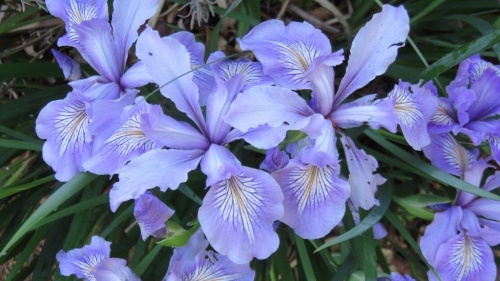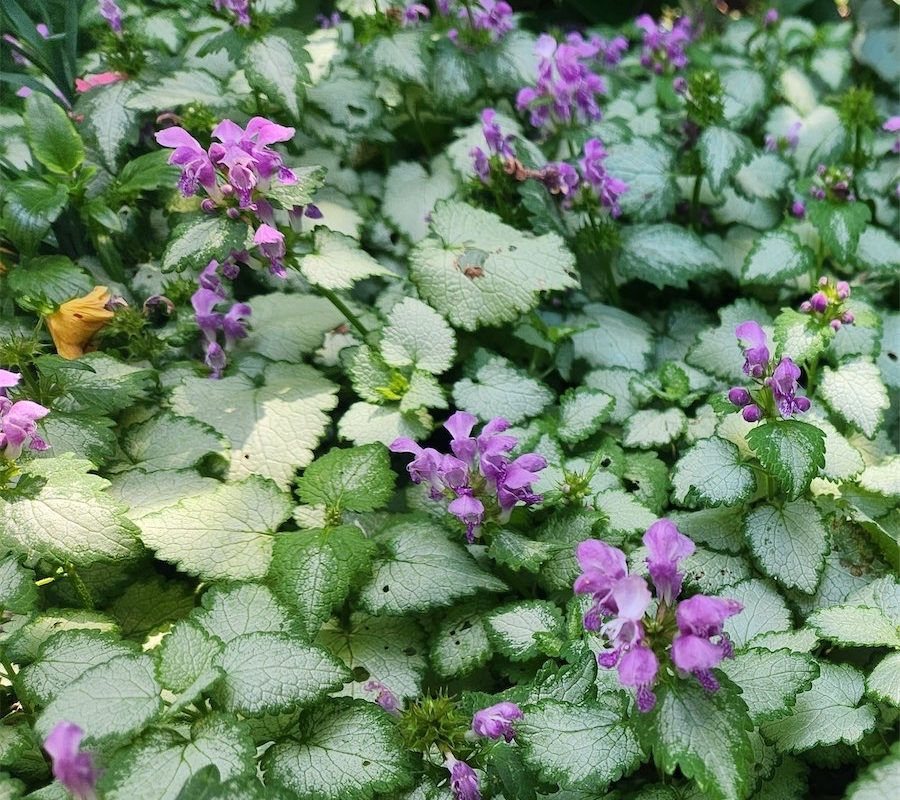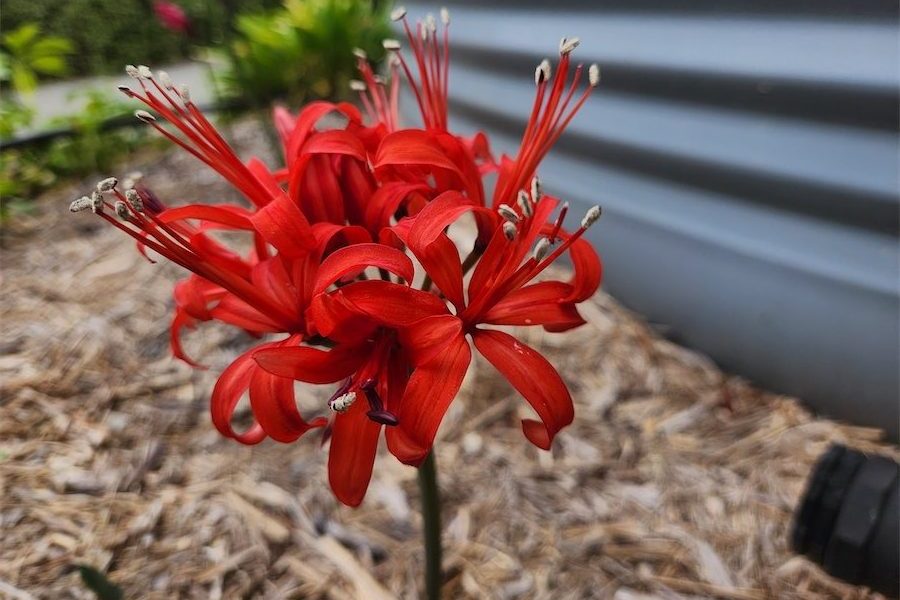
IT takes just a few warm days and, suddenly, there’s an explosion of growth in the garden.
Bulbs, corms and rhizomes all store energy in various forms during the dormant winter months until nature decides it’s time to grow.

The blue and white Dutch iris lining our drive has been showing leaves for weeks; then suddenly the flower buds emerge from the ground to a height of 90cm. A week later the drive and nature strip are awash with colour.
One of our favourite flowers is the bearded iris family, especially the dwarf Iris cristata, also known as the Dwarf Crested Iris. It has leaves for a couple of months then, without warning, within a week of increased temperatures explodes into the most amazing display of mauve flowers. If left undisturbed, its rhizomes spread to cover a large area in an ever increasing show year after year.
It grows to just 30 centimetres and is perfect for even the smallest garden. Its giant cousin, the tall bearded iris, comes in a huge range of shapes and colours flowering over many weeks at this time of the year.
Cyclamen growing from corms is ideal in containers, hanging gardens or in garden beds. The question often raised when I give garden talks is what to do with cyclamen when they have finished flowering?

Cyclamen are a popular present with their long flowering period. Invariably when they have finished flowering and die down people throw them out. However, by simply planting them out in a shady spot in the garden they will continue to grow and multiply.
The dwarf Cyclamen neapolitanum (C. hederifolium) has tiny delicate pink flowers which have also burst through the soil.
Growing to just 10 centimetres tall, the corms will continue to spread as a delightful ground cover.
All of these plants are so easy to grow; just plant and forget them. All of them will appear year after year, at the appointed time, with almost total neglect. They will even forgive you if you forget to water or feed them, although this will help.
OUR favourite bird in the garden is the common blackbird, the only bird that can sing from dawn to dusk and never repeat a tune. It arrived into the garden a few weeks ago, signalling to us the true start of spring.
People complain to me that blackbirds dig and scratch in the garden for worms and insects, spreading mulch and leaf litter on paths. So what?
Jottings...
- With warm days and irregular showers snails are breeding rapidly. Best to use only bait safe for pets and snail eaters such as blue tongue lizards. Multicrop’s Slug and Snail Killer does the job.
- Tie up clematis now on horizontal wires or trellis before they get out of control.
Who can be trusted?
In a world of spin and confusion, there’s never been a more important time to support independent journalism in Canberra.
If you trust our work online and want to enforce the power of independent voices, I invite you to make a small contribution.
Every dollar of support is invested back into our journalism to help keep citynews.com.au strong and free.
Thank you,
Ian Meikle, editor




Leave a Reply